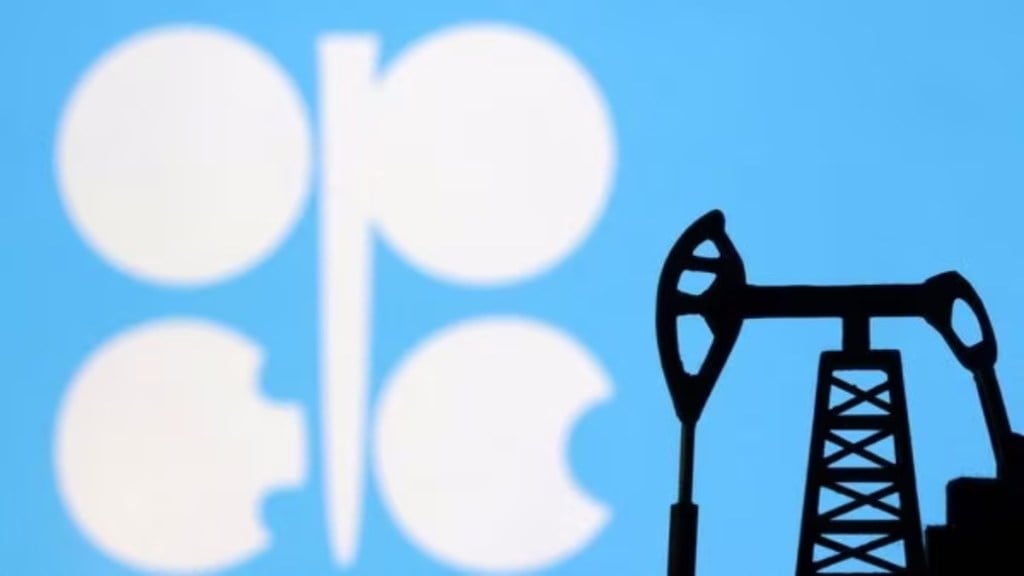The online meeting of the oil cartel, Opec (together with allies like Russia) on Thursday decided on additional voluntary cuts of 2.2 million barrels a day to shore up flagging oil prices at a time of higher supplies from non-Opec countries and weaker global growth. Global oil prices rose briefly but settled down to lower levels as the markets were seized of the strains in the Opec+ coalition that led to the meeting being postponed from Sunday.
There was wrangling over production quotas among the members, especially the African countries, who were hesitant to cut supplies. In the run-up to the meeting, Saudi Arabia, the leader of the cartel, had even threatened that it would unwind its existing voluntary cuts if other members did not make a greater contribution, according to the Financial Times. They fell in line as the risks of not having an agreement would only result in oil prices falling sharply from the existing levels of $80 a barrel if the Saudis made good on its threat.
The market’s subdued response was also due to the fact that the additional cuts were announced by individual state agencies (rather than the Opec secretariat) and the absence of a customary address to explain the group’s strategy by Saudi energy minister Prince Abdulaziz bin Salman. Saudi Arabia’s pledge to roll over its existing voluntary cut of 1 million b/d was thus announced by the state press agency. Russia further deepened its export reduction to 500,000 b/d from the existing 300,000 b/d. The balance of 700,000 b/d has been shared by Iraq, UAE, Kuwait, Kazakhstan, Algeria and Oman.
The 2.2 million b/d cut in production during the first quarter of 2024 amounts to 2% of global supplies. Whether or not it would contribute to a spike in global oil prices depends in large part on rising supplies from non-Opec countries like the US—which accounted for four-fifths of the supply increase this year—Guyana and Brazil to meet global demand. Brazil has been invited to join the grouping, which it may do in January 2024.
What does not augur well for Opec+’s efforts to bolster oil prices is the weakening of global growth. China — which accounted for three-quarters of the growth in global oil demand—is slowing down, reflected in the contraction in purchasing managers’ indices in November. Oil prices have been declining despite the ongoing war between Hamas forces and Israel since October 7 as the markets believe that the conflict has so far not engulfed the region as a whole. But there are heightened geopolitical risks of the conflict impacting prices if it spills over from Israel to Lebanon and Syria ultimately involving Iran for supporting Hamas and other militias like Hezbollah in Lebanon.
In this milieu, the US has been exerting pressure on the Saudis not to “weaponise” oil supplies like in 1973 due to the anger in Arabian countries due to the humanitarian disaster in Gaza. Iran, for instance, was pushing for an embargo. For such reasons, the decision of Opec+ to announce additional voluntary cuts was perhaps also intended to send a signal to the US for its support to Israel although it was justified by a desire to impart “market stability”. The upshot is a prospect for oil prices to not flare up due to higher non-Opec supplies and tepid global growth.


